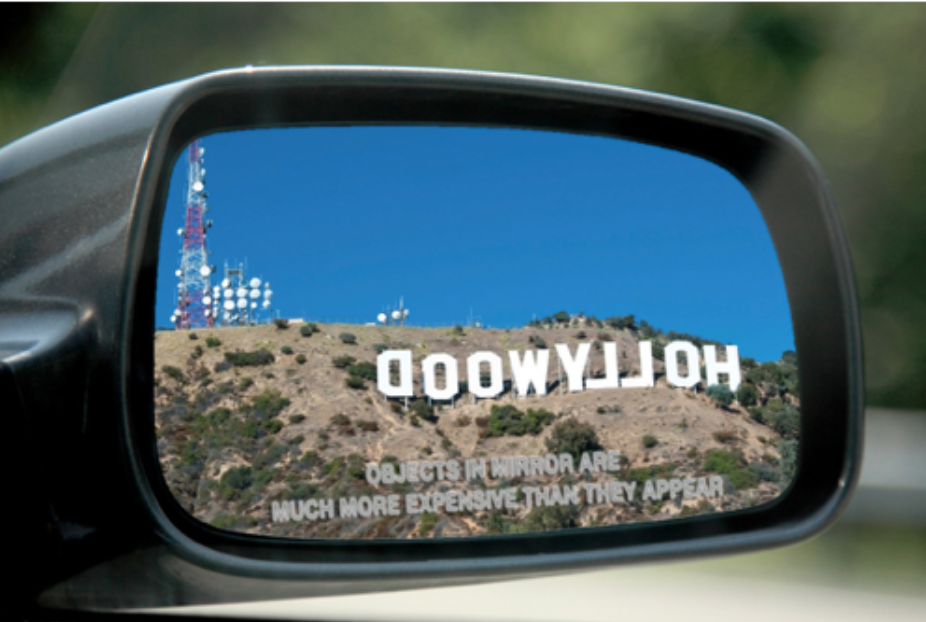State legislators who are pushing for new laws forcing cities to allow dense, multi-family housing developments in single-family neighborhoods threaten to divide the state's Democratic voters and may open the door to political challenges of incumbents even in Democratic strongholds like the Bay Area and Peninsula.
The growing split and increasing animosity between local leaders and state legislators over how far the state should go to pre-empt local zoning are pitting traditional allies against each other and threatening to move us further from viable solutions to the housing crisis.
As the Weekly's reporting by Staff Writer Gennady Sheyner shows, housing advocates are responding to a long history of cities failing to take needed action to develop new housing while approving vast amounts of new commercial development. The result, almost all agree, has been to create a deepening shortage of housing units, fuel unsustainable increases in housing costs and accelerate the loss of affordable housing for low- and medium-income workers. But the solutions are far from clear.
The most visible and controversial of the legislative proposals, SB 50 by San Francisco Democratic state Sen. Scott Wiener, seeks to undo the historic local autonomy that cities enjoy over land-use decisions. As only one of more than 200 bills pertaining to housing introduced in the state legislature this session, SB 50 would force cities to allow multi-story, high-density apartment buildings in R-1 zoned residential areas near public transit with no limits on the number of units and no parking requirements. Up and down the Peninsula, the proposed half-mile radius around train stations would open up large areas currently occupied by single-family homes to conversion to higher-density housing.
Defenders of local control, while agreeing that cities are responsible for creating the problem, are organizing against the proposed state mandates, and the rhetoric on both sides threatens to polarize rather than shape practical solutions. There is little question that passage of measures like SB 50 would trigger legal challenges and a voter initiative to overturn them and re-establish local zoning powers.
To avoid that outcome, legislators must work with local government leaders to craft incentives, not pre-emptive one-size-fits-all mandates, for the construction of needed housing and, most of all, funding for affordable-housing development.
The current effort to impose a solution on California cities ignores the complicated factors that have created the problem and attempts to solve it without addressing the underlying economic realities.
First, focusing only on increasing housing production of market-rate units without parallel regulation or incentives to reduce new commercial development addresses only one side of the equation. As long as communities are allowed to approve new commercial development and export the problem of housing workers to other cities, we are destined to never stabilize housing prices. State action must impose limits on non-residential development and tie it to housing production, and housing impact fees should be raised to create funds for affordable housing.
Second, new high-density market-rate housing development, such as what has been built in Mountain View on San Antonio Road and El Camino Real, results in rents only affordable to high-income earners. So while Mountain View is far ahead of cities like Palo Alto and Menlo Park in zoning for more housing, it's not addressing the highest priority need for housing affordable to lower-income workers.
Instead of trying to micromanage zoning in cities around the state, legislators should be focusing on funding strategies that would create incentives for cities to attract and approve below-market rate housing for service workers, seniors and other lower-income residents.
Wiener and those who support his legislation are correct that the housing shortage is driving working families out of the Bay Area, gentrifying communities like East Palo Alto and pushing many to homelessness or to exorbitantly long commutes. But what cities with high land values need are financing solutions to enable significant public funding of higher density affordable-housing development by nonprofit housing entities and incentives to utilize existing publicly owned land such as municipal parking lots.
SB 50's zoning pre-emption strategy is a divisive distraction. Wiener and his colleagues would be wise to refocus their attention on the financing strategies and incentives to achieve the housing we need most, and on enacting laws that restrict commercial development in cities that are not meeting the housing needs of their communities. Otherwise their well-intended efforts are destined to come back to bite them in the next election.






 The second of the three fishes agreed. 'You are right', he said. 'We must leave the pond.'
The second of the three fishes agreed. 'You are right', he said. 'We must leave the pond.'